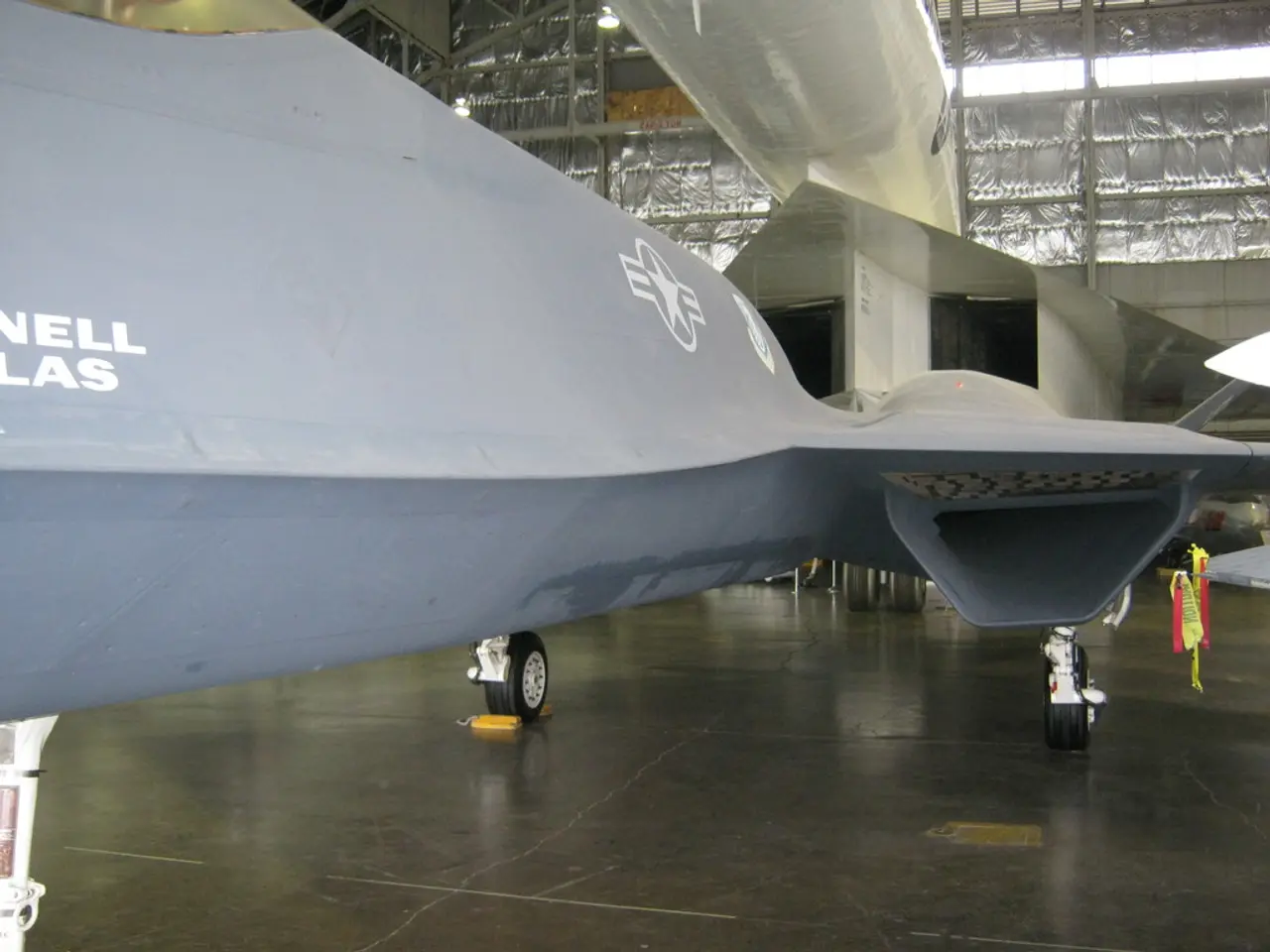Joby Aviation Secures Blade's Air Taxi Business for a $125 Million Purchase
In a significant move for the electric aircraft industry, Joby Aviation has announced its intention to acquire Blade Air Mobility's passenger business for up to $125 million. This deal, expected to close in the coming weeks, marks a major step forward for Joby as it positions itself to expand its battery-powered electric vertical takeoff and landing (eVTOL) air taxis into established markets.
Joby, a leading manufacturer of eVTOLs, specializes in creating battery-powered aircraft designed to carry a pilot and four passengers up to 100 miles before needing to recharge. The company's aircraft resemble a combination of a helicopter and a small plane, featuring six propellers that help it transition seamlessly from vertical to horizontal flight.
The acquisition of Blade Air Mobility will provide Joby with immediate market access and reduce costs tied to customer acquisition and vertiport development. Blade's existing operations, such as terminals at JFK, Newark, and multiple Manhattan locations, will give Joby access to a ready-made passenger base and infrastructure in key urban corridors, including New York City and major European cities like those in France, Monaco, and Switzerland.
Rob Wiesenthal, Blade's chief executive and founder, will join Joby and continue leading the passenger subsidiary under the new ownership. The medical division of Blade will remain independent, rebranding as Strata Critical Medical, while partnering with Joby on medical transport services.
For Joby, this acquisition is a "massive accelerant" that will enable the company to leverage Blade's decade of urban air mobility experience at scale. JoeBen Bevirt, Joby's founder and chief executive, emphasizes that the acquisition will complement Joby's quieter, electric aircraft with Blade's established infrastructure, routes, and customer base, promising a future of quieter, cleaner urban flight.
The deal comes at an opportune time for the electric aircraft industry, as President Trump signed an executive order in June aimed at accelerating testing of air taxis. The order indicates industry faith that the first air taxis could be certified in the U.S. as early as next year. Joby plans to launch commercial networks in the UAE before 2026, and the acquisition of Blade is expected to accelerate Joby's path toward commercial eVTOL service launch.
The industry at large is gaining traction, with the potential for eVTOLs to revolutionize urban mobility. By integrating Blade's operations, Joby aims to transform urban mobility by replacing noisy, fossil-fueled helicopters with quiet, sustainable electric air taxis, potentially reducing urban congestion and noise pollution and expanding accessible air transport options in dense cities worldwide.
Joby's share prices have rocketed 66 percent this year, reflecting investor enthusiasm for the company's vision of a future of quieter, cleaner urban flight. With the acquisition of Blade Air Mobility, Joby is one step closer to bringing this vision to life.
References: 1. TechCrunch 2. Bloomberg 3. CNBC 4. The Verge 5. Reuters
- Joby Aviation, a company specializing in electric vertical takeoff and landing (eVTOL) aircraft, aims to transform the urban mobility industry by integrating Blade Air Mobility's operations, positioning themselves to replace noisy, fossil-fueled helicopters with quiet, sustainable electric air taxis.
- The acquisition of Blade Air Mobility's passenger business by Joby Aviation for up to $125 million is a significant investment in the real-estate, transportation, and aerospace sectors, as it provides immediate market access and reduces costs associated with customer acquisition and vertiport development.
- As the electric aircraft industry gains traction, companies like Joby Aviation and Blade Air Mobility are poised to revolutionize finance and energy industries by offering cleaner, quieter, and more efficient means of transportation.
- With JoeBen Bevirt at the helm, Joby Aviation plans to leverage Blade's decade of urban air mobility experience at scale, complementing their battery-powered aircraft with established infrastructure, routes, and customer bases, thereby promising a future of cleaner urban flight.








